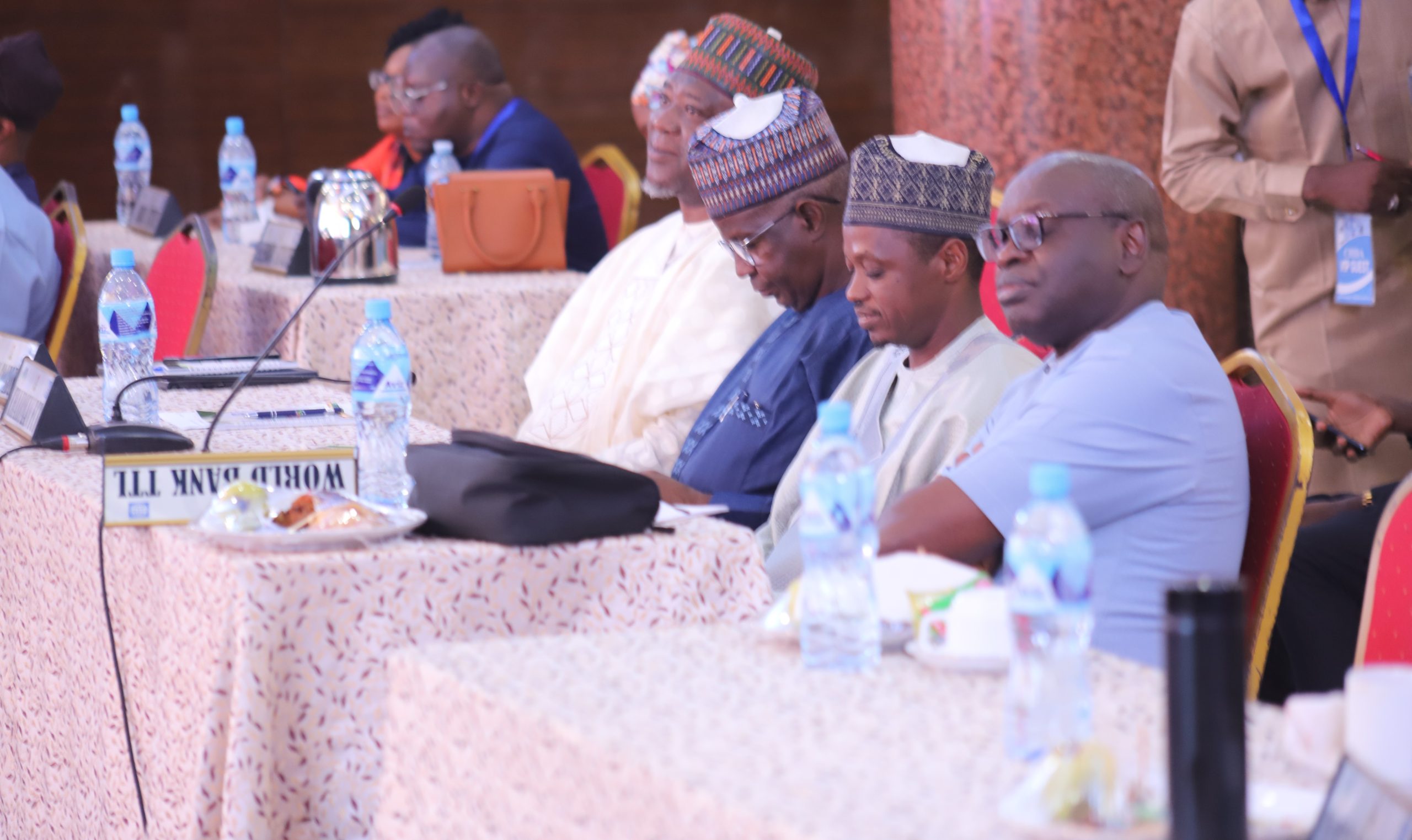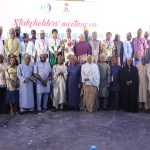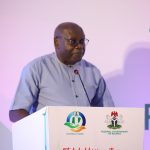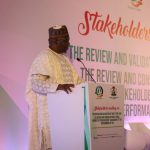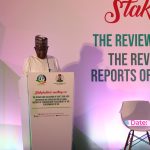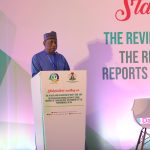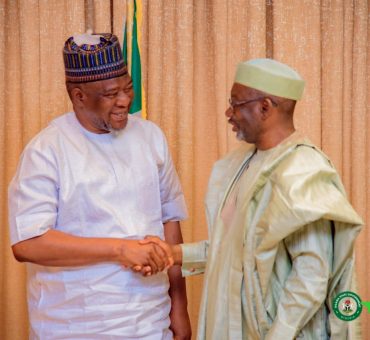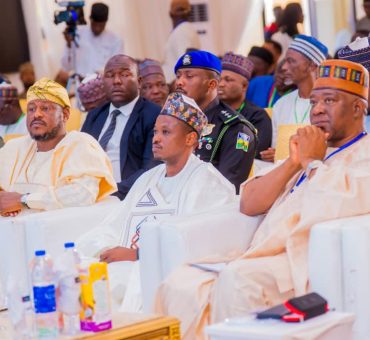The National Assembly has reaffirmed its strong support for the Nigeria Community Action for Resilience and Economic Stimulus (NG-CARES) Programme.
The Information and Communications Officer of NG-CARES, Malam Suleiman Odapu, in a statement, said Mr Abubakar Kusada, Chairman, House Committee on NG-CARES, declared the support during the stakeholder’s meeting held in Abuja
Kusada described the programme as a lifeline for poor communities and a vital instrument for building resilience among vulnerable Nigerians. The lawmaker also reaffirmed the legislature’s commitment
to supporting NG-CARES, stressing that oversight visits to states will form part of the partnership between the legislature and the executive to deliver on poverty alleviation.
He emphasised that “no community should be left out” in the ongoing efforts to cushion vulnerable households and businesses from economic shocks. According to him, NG-CARES is more than a programme, it is a lifeline. It is about families regaining their dignity, businesses reopening
doors of opportunity and rebuilding communities for a sustainable future.
” NG-CARES stands as one of the most ambitious and people-focused initiatives, reaching households, businesses, and communities across the 36 states and the FCT, ” he said. The representative of the World Bank, Prof. Foluso Okunmadewa, commended the legislature’s involvement, noting that it was an encouraging sign of ownership and sustainability.
” The legislature’s active participation gives confidence that NG-CARES will endure as a national instrument for poverty alleviation and resilience, even beyond donor support,” he stated.
The National Coordinator of NG-CARES, Dr Abdulkarim Obaje, expressed appreciation to the Speaker of the House of Representatives, Tajudeen Abbas, for establishing the Committee on NG-CARES.
Present at the event were the Commissioners for Budget and Planning from Cross River, Kebbi, Sokoto, Gombe, Ebonyi, Bauchi and Nasarawa States. The NG-CARES programme is a World Bank-assisted programme designed to expand access to livelihood support and food security services, as well as
grants for poor and vulnerable households.
It is implemented across the 36 states and the FCT, and it leverages on the existing government structures to deliver results for Communities in need.
(NAN)(www.nannews.ng)
By Salisu Sani-Idris
Edited by Bashir Rabe Mani




